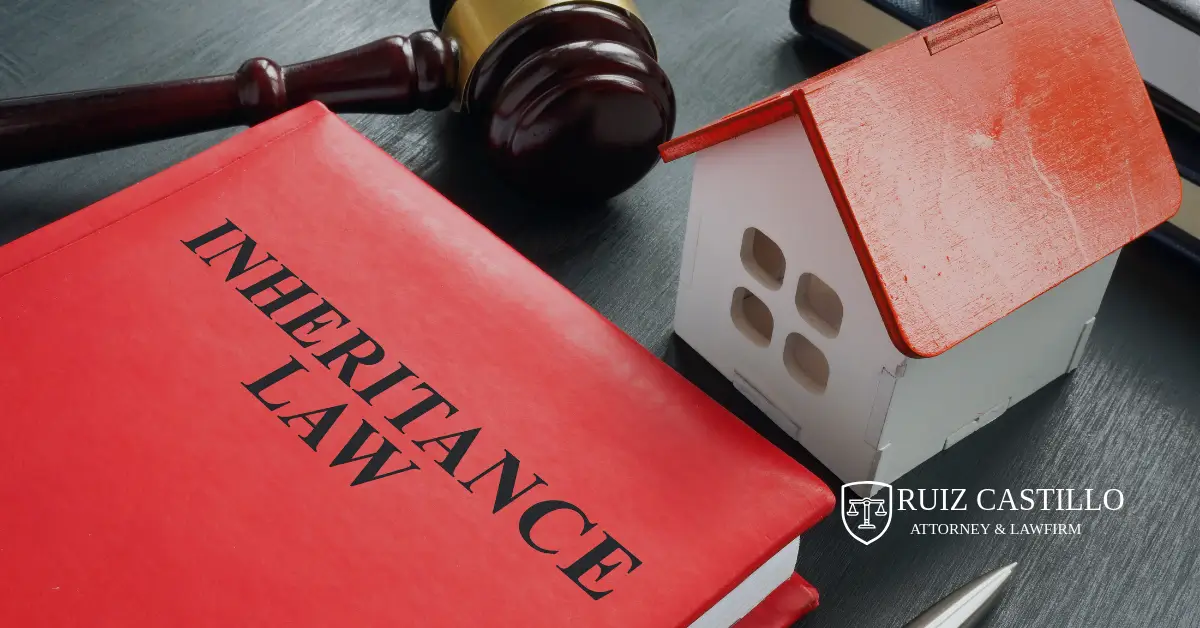
Owning property in Spain involves several tax obligations for both residents and non-residents. Understanding these taxes is crucial to avoid penalties and ensure compliance with Spanish law. This article provides an in-depth look at the key property taxes you should be aware of, including the IBI (Impuesto sobre Bienes Inmuebles), capital gains tax, and the […]
Happy clients
Experience
Masters degrees
Owning property in Spain involves several tax obligations for both residents and non-residents. Understanding these taxes is crucial to avoid penalties and ensure compliance with Spanish law. This article provides an in-depth look at the key property taxes you should be aware of, including the IBI (Impuesto sobre Bienes Inmuebles), capital gains tax, and the non-resident property tax. Whether you live in Spain or abroad, knowing how these taxes work will help you manage your financial responsibilities efficiently.
Read my in-depth article about buying and owning property in Spain as a foreigner.
The Impuesto sobre Bienes Inmuebles (IBI) is an annual property tax that all homeowners in Spain must pay. It is calculated based on the cadastral value of the property, which is usually lower than the market value. Local municipalities set the IBI rate, and it typically ranges from 0.4% to 1.3%, depending on the location of the property. Importantly, the cadastral value can be periodically updated, which may affect the amount of IBI due.
Read my in-depth article about the legal steps to buying property in Spain.
The IBI is calculated based on the cadastral value of the property, and the rate is set by the local municipality. You will receive an annual bill from your town hall detailing the amount due. Payment methods can vary slightly depending on the municipality, but commonly include:
Make sure to check with your local authority to see if any discounts apply, especially for early payments or direct debits. If you need assistance managing your IBI payments or verifying your cadastral value, feel free to contact me, José María Ruiz Castillo, for personalized legal advice.
If you fail to pay your IBI on time, you may face penalties such as fines, interest on overdue amounts, and in extreme cases, legal actions like a lien being placed on your property. To avoid such penalties, you should:
If you’re facing penalties or require assistance managing your payments, I can provide expert legal support to help resolve the situation.
When you sell a property in Spain, you may be liable to pay capital gains tax on the profit you make from the sale. Both residents and non-residents are subject to this tax, though the rates and procedures differ depending on your residency status.
Capital gains are calculated as the difference between the selling price of the property and the original purchase price, with certain deductions allowed for expenses such as renovations, legal fees, and notary costs. Declaring these gains correctly is essential to avoid legal complications.
For residents, you must declare capital gains through the Modelo 100 form. Non-residents should use the Modelo 210.
Steps to declare capital gains:
If you are unsure how to declare your capital gains or need help navigating the process, contact me for professional assistance.
The capital gains tax rates vary between residents and non-residents:
Additionally, when a non-resident sells property, the buyer must withhold 3% of the sale price to cover potential capital gains tax liabilities. This amount will be adjusted based on the final capital gains tax calculation after the sale.
If you’re planning to sell your property and need help understanding your tax obligations, contact me, José María Ruiz Castillo, for expert advice.
If you own property in Spain but reside abroad, you are required to pay the Impuesto sobre la Renta de No Residentes (IRNR). This tax applies to non-resident property owners, even if the property is not rented out. The tax is based on the cadastral value of the property.
The tax rate for non-resident property owners is typically 1.1% of the cadastral value if the property’s cadastral value has been updated within the last 10 years, or 2% if it hasn’t. Even if you don’t earn rental income from the property, you are still required to pay this tax.
To pay the non-resident property tax:
If you fail to file the Modelo 210 or pay the tax, you may face penalties and interest charges. If you’re unfamiliar with the process, I can help ensure you meet all your tax obligations on time.
Read my in-depth article about renting out your Spanish property.
If you do not pay the non-resident property tax, you risk facing penalties, interest on unpaid amounts, and legal action. In serious cases, the Spanish tax authorities can place a lien on your property. To avoid such complications:
If you need help managing your non-resident tax obligations, contact me today for expert legal assistance in Spain.
Understanding and managing Spain’s property taxes—whether it’s the IBI, capital gains tax, or the non-resident property tax—is crucial for all homeowners, both residents and non-residents. Staying compliant with these taxes helps avoid penalties and ensures your property investment remains legally secure.
For expert guidance on your property taxes in Spain, contact me, José María Ruiz Castillo. I specialize in helping both residents and non-residents with their tax and legal needs. contact me today for personalized assistance with your tax obligations!







